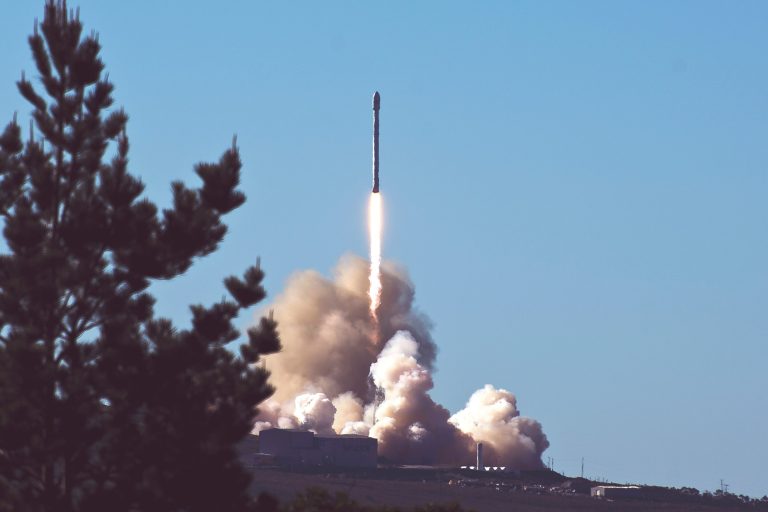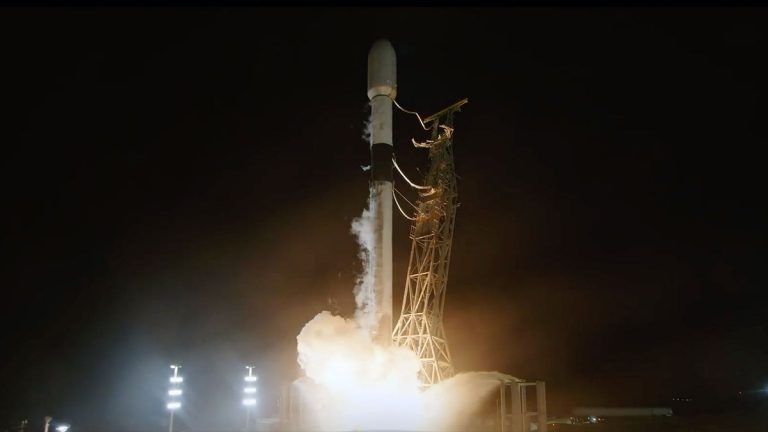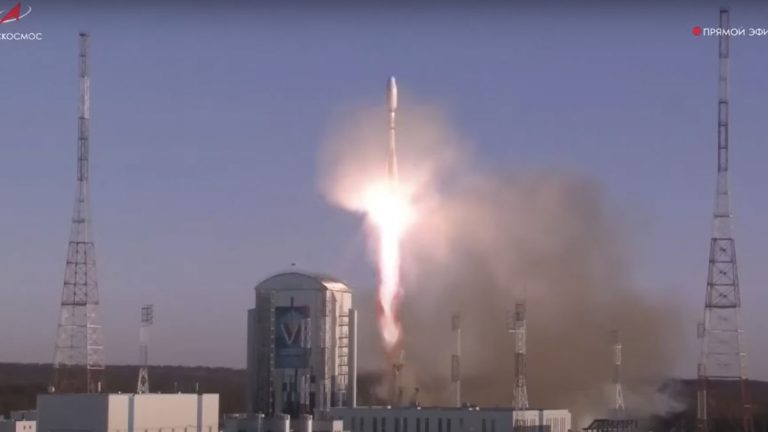
Poland, Virgin Orbit partner on Eastern Europe satellite launch initiative (Image Credit: Space News)
WARSAW, Poland — In a bid to secure a domestic launch capability, the Polish Space Agency (POLSA) signed a letter of intent with Virgin Orbit to use the U.S. company’s air-launched LauncherOne system as soon as next year.
POLSA and Virgin Orbit officials expect the project to advance space capabilities across the region. Numerous Eastern European nations are talking with Warsaw about participating in the initiative.
Grzegorz Wrochna, the president of POLSA, said Poland’s space industry has grown rapidly. However, enabling local players to launch smallsats from Polish soil could relieve bottlenecks hampering further growth, he said.
Poland snubs Russian rockets
The Virgin Orbit agreement indicates Poland’s determination to secure its own launch capability and avoid Russian technology.
“The European industry is dominated by French rockets, and its capacities are limited,” Wrochna told SpaceNews. “Some companies opt to use Chinese or Russian rockets, but, due to Russia’s invasion of Ukraine, the latter option is no longer valid for Poland.”
Poland is not landlocked, but its 500 kilometers of Baltic Sea coastline sit directly across from Denmark, Norway, Sweden and Finland. That makes launching to orbit from a seaside spaceport untenable for Poland.
“We can’t perform regular vertical flights from Poland because there is a risk a rocket could fall into inhabited land,” Wrochna said. “The technology offered by Virgin Orbit, under which a rocket is attached to an airplane which takes off from a Polish airport, flies over the North Sea and then launches from an altitude of 10,000 meters at a speed of 600 kilometers per hour, is a feasible way into the orbit.”
Virgin Orbit CEO Dan Hart told SpaceNews the letter of intent allows POLSA and Virgin Orbit to “start the real work to figure out what it will make to make that happen” — beginning with evaluating Polish airports.
Virgin Orbit’s two-stage Launcher One rocket has flown three successful missions since a failed May 2020 test flight. In December, the company went public by merging with a special purpose acquisition company and now trades on the Nasdaq.
“Last year, we took our system from development to operation,” Hart said. “We married a 747 plane with a rocket, and for a naval country like Poland, such cooperation unlocks the capability to fly to space. Our system can serve Poland’s commercial, scientific, and national security purposes.”
As a next step, POLSA plans to undertake an in-depth study to determine an optimal business model for the project.
“We aim to host the first launch with the use of Virgin Orbit’s solution in the late summer of 2023. Afterwards, we would like to gradually transfer this technology to Poland and train our own pilots,” Wrochna said.
According to Hart, “now is a very good time to be working towards a launch capability, and this unique capability could serve Poland, but also the entire region.”
Cross-border space cooperation
As part of Poland’s efforts to drive increased international cooperation across Central and Eastern Europe, POLSA’s ambition is to involve other nations from the Three Seas Initiative, which comprises countries situated along the Baltic, Adriatic and Black Seas axis. This could potentially expand the technology’s user base across the region with states such as Croatia, the Czech Republic, Hungary, Lithuania, Romania, and Slovakia.
Poland’s space sector hosts a group of fast-growing private industry players, and their involvement will be vital to advancing the project, POLSA’s president said.
“Sat-Revolution has already launched several satellites using Virgin Orbit’s services, and launching from Poland could facilitate their operations and cut reliance on flights out of the U.S.,” Wrochn said. “Creotech Instruments are also readying for their first flight.”
Last year under the Polish Imaging Satellites (PIAST) project, a consortium formed by local space companies began to develop three nanosatellites to be operated by Poland’s armed forces and placed into orbit in 2024. As part of the consortium, Creotech Instruments is building the nanosats in cooperation with the project’s leader, the country’s Military University of Technology (WAT). The initiative will give the Polish Armed Forces an Earth-observation constellation capable of acquiring images with a ground sample distance of roughly 5-meters resolution.
Headquartered in Gdańsk, on Poland’s Baltic Sea shore, POLSA is a government entity set up in 2014 and became fully operational in late 2015. Poland’s prime minister oversees the agency.
Poland joined the North Atlantic Treaty Organization in 1999, the European Union in 2004, and the European Space Agency in 2012.








